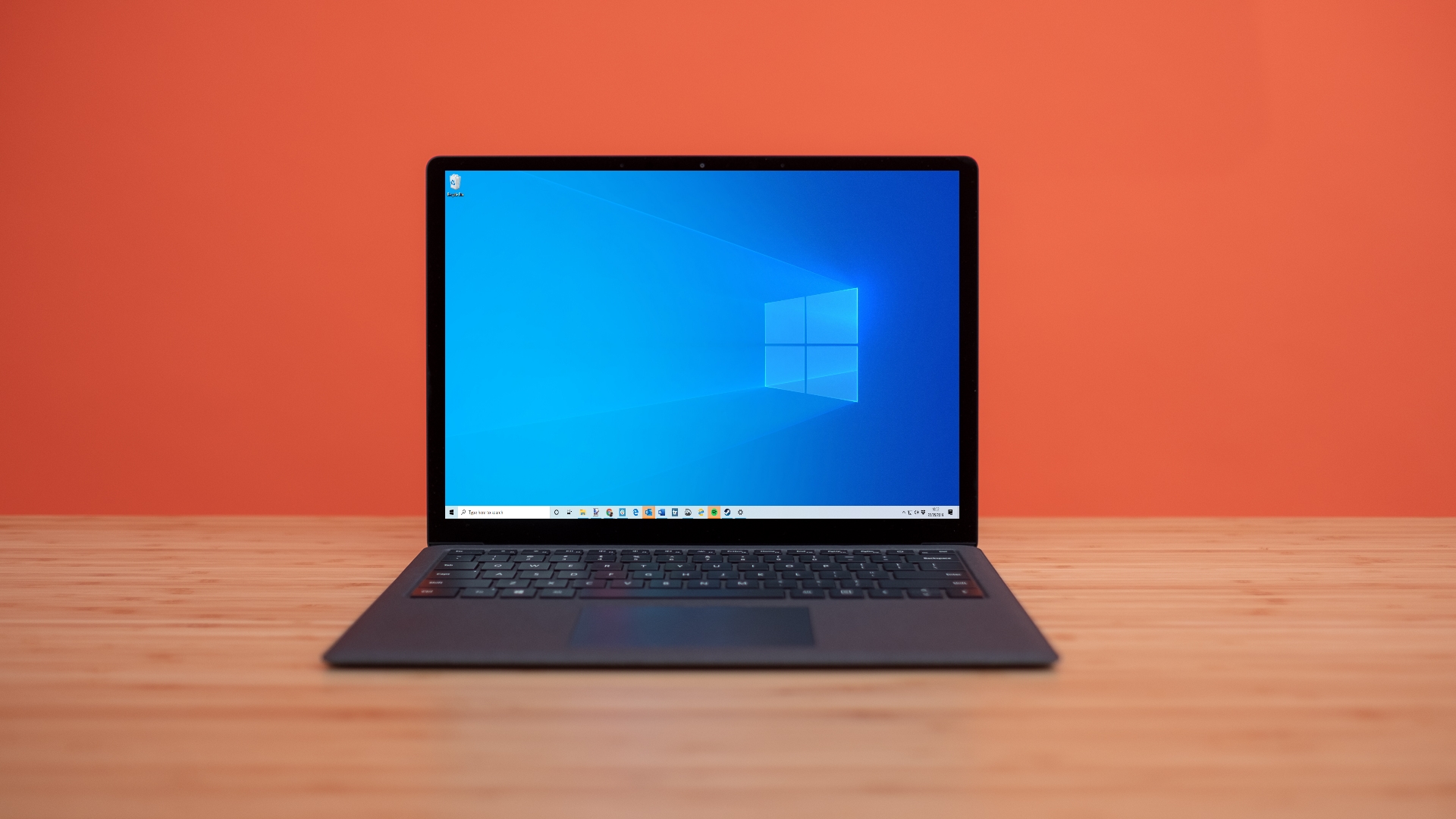Windows 10 to get better at coping with disastrous driver compatibility clashes
Hardware partners will be able to request blocks on updates if needed

Windows 10 is getting some attention on the update front, with Microsoft implementing measures that will let hardware makers request that OS updates are blocked if serious driver compatibility issues are discovered.
As you might recall, 2019 was a pretty grim year for Windows 10 updates generally speaking, in terms of the minor cumulative updates issued on a monthly basis causing a hell of a lot of trouble, and a number of driver flaws interfering with the installation of major feature updates.
- A Linux distro can now pretend to be Windows 10
- How to reinstall Windows 10
- Buy Windows 10: the cheapest prices in January 2020
The latter kind of gremlins included a problem with older Intel Rapid Storage Technology drivers, as well as compatibility issues with Realtek and Qualcomm Bluetooth drivers, AMD RAID drivers, and others besides.
ZDNet spotted that Microsoft has plans to tackle these kind of situations whereby a feature update has compatibility clashes with drivers on a PC. Those plans are made clear in an internal document that has now been published online, and involve allowing hardware partners being able to block updates.
Microsoft says: “If there are known issues for feature update and driver compatibility, partners can request feature update offer block mitigation while a compatible driver update is being validated and posted to WU [Windows Update].”
In other words, hardware makers themselves can instigate a request to block a feature update if they know there is a problem with a driver, while that driver is fixed.
That temporary block on the update requested by a hardware partner can run from between 30 to 60 days, and during that period, Windows Update will not offer the update to any PC that has a known incompatibility.
Sign up for breaking news, reviews, opinion, top tech deals, and more.
Once the partner has worked on and provided an updated driver, the block can obviously be lifted.
Compatibility calamities
The idea is for hardware partners to request the block when confronted by a serious compatibility issue that could have major consequences, like crashing the PC, or causing data loss; the sort of scenarios that really need to be guarded against.
Other measures are also being brought in to help ensure that Windows 10 and driver updates are delivered with a ‘predictable cadence’, and that deployment of driver releases won’t happen around major public holidays, for example, when Microsoft staff aren’t around to help deal with any issues that might manifest.
All these efforts should add up to make for a less problematic experience when it comes to new drivers for Windows 10, smoothing the deployment of feature updates in general when it comes to potential incompatibility issues.
- Some of the best laptops run Windows 10
Darren is a freelancer writing news and features for TechRadar (and occasionally T3) across a broad range of computing topics including CPUs, GPUs, various other hardware, VPNs, antivirus and more. He has written about tech for the best part of three decades, and writes books in his spare time (his debut novel - 'I Know What You Did Last Supper' - was published by Hachette UK in 2013).